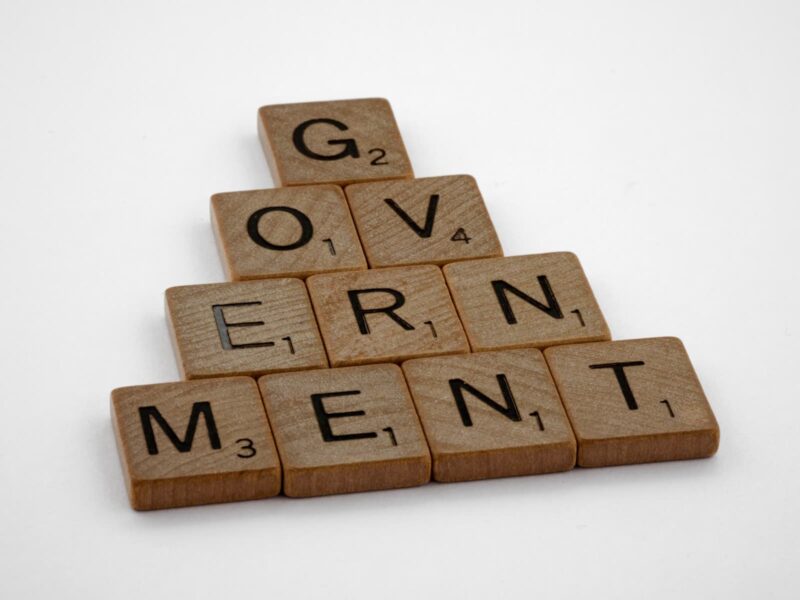Getting fired from any job can be a jarring experience, but the implications and processes involved in losing a federal position can be particularly complex. Federal employees often benefit from greater job security and comprehensive benefits, making the prospect of termination even more daunting.
This article outlines the steps and consequences of being terminated from federal employment, offering practical guidance for overcoming this challenging situation. Whether these are performance issues, misconduct, or other reasons, understanding the nuances of federal termination procedures is essential for anyone facing or anticipating such circumstances.
Understanding Federal Employment Termination
Federal jobs are often sought for stability, impressive benefits, and perceived job security. However, federal employees are not immune to termination, and such events can occur under specific conditions that warrant disciplinary action or dismissal. Termination from federal employment generally falls into two categories: misconduct and performance issues.
Federal agencies take such violations seriously, given the trust and responsibility placed on public servants. Both scenarios are handled with formal procedures to ensure any termination decision is justified and lawful. This process is designed to protect employees’ rights while maintaining the integrity and efficiency of federal operations.
Misconduct
Misconduct among federal employees encompasses a range of serious infractions that undermine the integrity and security of government operations. Examples of such misconduct include, but are not limited to, gross misuse of government resources, engaging in prohibited political activities, or breaches of confidential information. Such actions can severely damage the trust placed in public servants and may have wider implications for national security or public safety.
When an allegation of misconduct is reported, the federal agency initiates a detailed and impartial investigation to determine the validity of the claims and gather evidence. This process is crucial to ensure fairness and due process, protecting both the government’s interests and the individual employee’s rights. Investigators might interview witnesses, review surveillance footage, and examine relevant documents. Depending on the severity and nature of the misconduct, the investigation can be swift or require extensive time and resources.
Performance Issues
Performance-based dismissals in the federal sector are structured to be both fair and transparent, aiming to give the employee every possible chance to meet expected job standards. This procedure underscores the government’s commitment to maintaining a competent workforce while ensuring that individuals are fairly treated.
The initial phase of addressing performance issues typically involves identifying areas where the employee’s performance is lacking. Supervisors must provide clear, measurable objectives and feedback during regular performance reviews. If issues are identified, the supervisor will outline these in detail and discuss potential strategies for improvement directly with the employee.
If performance does not improve after initial feedback, the next step is typically implementing a Performance Improvement Plan (PIP). A PIP is a formal document that sets clear expectations for job performance, improvement milestones, and timelines for achieving these goals. It also outlines the resources and support available to the employee to help meet these objectives, such as additional training or mentorship opportunities.
Throughout the PIP period, the employee’s performance is closely monitored and regularly reviewed. This period can last anywhere from 30 to 90 days, depending on the specific criteria established by the agency. Regular meetings during this time ensure that the employee receives ongoing feedback and understands the severity of the situation.
The Process of Federal Termination
The federal termination process is governed by strict protocols to ensure fairness and legal compliance. Employees receive a written notice detailing the reasons for dismissal and the effective termination date. This notice also explains the employee’s rights to appeal the decision. Following the issuance of the written notice, the employee is also informed about the procedures for handling their final paycheck, benefits, and access to any outplacement services provided by the agency.
The notice typically includes contact information for agency representatives or human resources personnel who can assist with questions about the termination process and next steps. Additionally, the employee may be offered a meeting with a counselor or an ombudsman to discuss the emotional and practical aspects of job loss, ensuring they have support during this transition.
Right to Appeal
Federal employees have the right to appeal their dismissal through various channels, including the Merit Systems Protection Board (MSPB). The appeal process allows the employee to contest the termination if they believe it was unjustified or improperly handled. In addition to the MSPB, employees may also seek recourse through union representation or legal avenues, depending on their specific circumstances and the nature of their dismissal. This multichannel approach ensures that all federal employees have access to a robust system for justice, safeguarding their rights against potential errors or biases in the termination process.
Life After Federal Termination
Losing a federal job requires immediate attention to several practical matters, from handling benefits to seeking new employment. One of the first steps is to apply for unemployment benefits, for which many federal employees are eligible. Updating professional profiles and networks, including LinkedIn, is crucial to reflect your availability and readiness for new opportunities. Additionally, professional development or further education can enhance employability, ensuring skills remain sharp and relevant in a competitive job market.
Handling Benefits
One must address benefits such as health insurance and retirement plans promptly. Former federal employees may continue their health insurance under the Consolidated Omnibus Budget Reconciliation Act (COBRA) and move their retirement funds to private accounts. It is also important to review and understand the options for life insurance and any accrued leave payouts that might be available. For those with Thrift Savings Plan (TSP) accounts, decisions need to be made about rolling over funds into an IRA or another retirement account to maintain tax advantages.
Seeking New Employment
When seeking new employment, consider leveraging the expertise of federal resume writers who specialize in presenting federal work experience effectively to potential employers. A robust resume highlighting your skills and achievements can significantly increase your job prospects.

Conclusion
So, what happens if you get fired from a federal job? While getting fired from a federal job can be a significant setback, it is not the end of the road. You can get through this challenging time by understanding the process, exercising your rights, and effectively planning your next career steps. Always remember that support is available, from legal advisors to career coaching services, to help you transition smoothly into your next phase of professional life.



